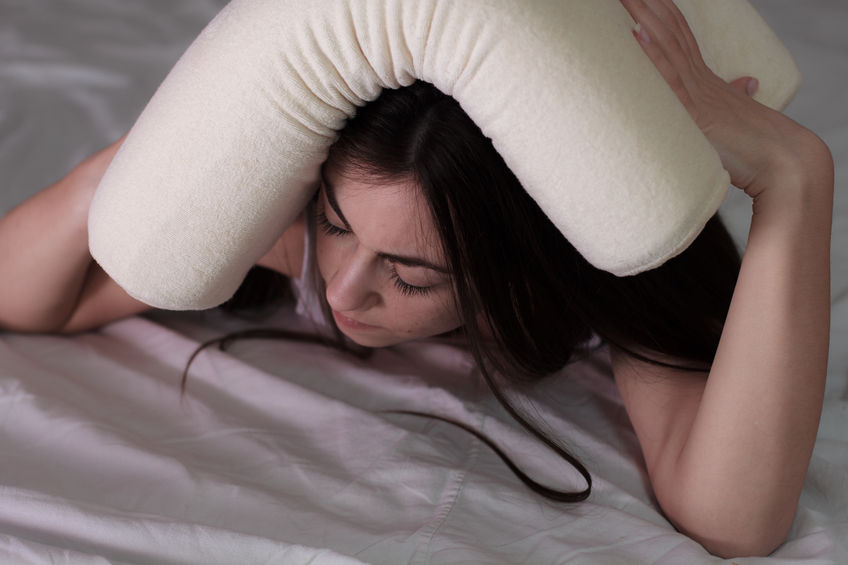You may have noticed the change in your sleep as the weather also changes. According, to The Huffington Post, weather patterns can make or break your sleep, especially if you aren’t prepared. Here’s what you need to know about your snooze and the weather all year around:
- Shorter days: During fall and winter, we are naturally exposed to less sunlight, and even more so if you must wake up before sunrise or leave work after sunset. This reduction leaves us without enough Vitamin D, which can lead to depression, fatigue, and daytime drowsiness. Since light-dark cues signal when melatonin should be released, you may feel tired earlier or later than your normal bedtime.
- Cool days: With cooler weather comes deeper sleep. Your body’s core temperature drops before your bedtime, making you drowsy and stay asleep. The extra cool air makes for a smoother sleep process with the ideal temperature for quality snooze being between 60 and70 degrees. Sleep experts recommend taking a warm bath or shower 1-2 hours before your bedtime to magnify the temperature drop effect for deeper-shuteye.
- Hot, humid days: Those hot, sticky days of poor sleep during the summer aren’t simply your imagination, you may be struggling to enter deep sleep and get the restorative benefits that a good night’s rest provides. Crank down the A/C, turn on your ceiling fan, and wear lighter pajamas to keep cool during hot nights, as well as avoid eating too close to bedtime.
- Stormy nights: While we mostly love the sound of the rain for its calming, white noise effects, those louder storms can be a source of nighttime awakenings and increase your anxiety. Numerous studies have shown that conditions such as sleep apnea and asthma can increase in severity due to lower atmospheric pressure and more pollen in the air. Change your sheets often and turn up the sound on your white noise machine or fan.
- Weather changes: The smallest change in temperature, humidity and barometric pressure can impact the pain levels of people with nerve and joint pain, leading to diminish sleep quality.


No comments yet.